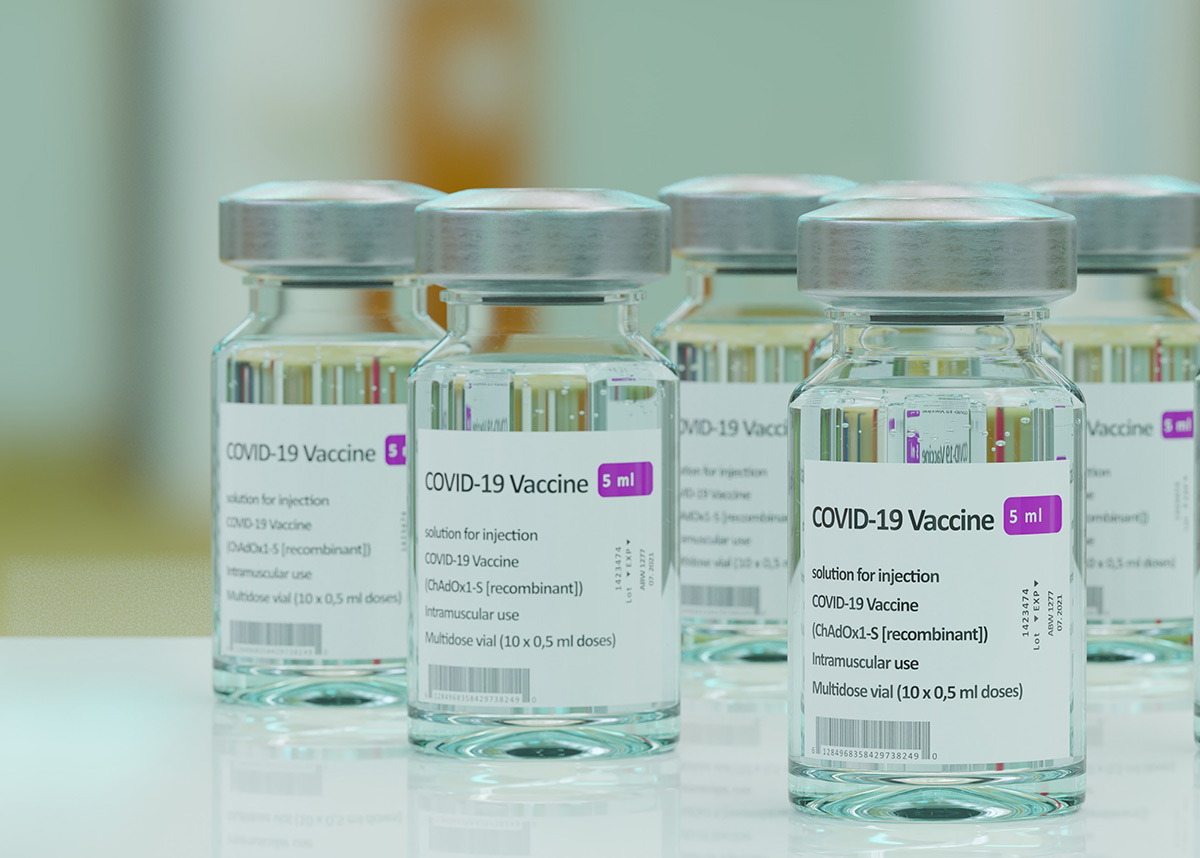Rocky Mountain Prevention Research Center grant targets COVID-19 vaccination hesitancy
Jun 18, 2021
More than a year after the coronavirus pandemic began, the United States at last appears to be gaining the upper hand in fighting the spread of COVID-19. That’s thanks largely in part to effective vaccines delivered to hundreds of millions of people. As of late May, half the U.S. population had received at least one vaccination dose; about 40% were fully vaccinated.
But that means hundreds of millions of other people have received no vaccine, leaving the goal of herd immunity a still distant prospect. The obvious question is why? The Rocky Mountain Prevention Research Center (RMPRC) is part of a nationwide, Centers for Disease Control and Prevention-funded search for answers and solutions.
The RMPRC is one of a network of 26 Prevention Research Centers (PRCs) in the United States to receive one-year, $500,000 grants aimed at boosting the number of vaccinated people by exploring, identifying and addressing the reasons for their hesitancy.
In Colorado, the effort will focus on nine counties in the southeastern part of the state and the San Luis Valley, said Dr. Jenn Leiferman, director of RMPRC and chair of the Community & Behavioral Health Department at the Colorado School of Public Health.
“These are areas we have identified where vaccine uptake is a little slower,” Leiferman said. “Our aim is to better understand the unique needs of each community and the barriers to getting a vaccine.”
To accomplish that, Leiferman and co-principal investigator, Dr. Jini Puma, associate director of the RMPRC, will work closely with community advisory councils, local advisory boards and longstanding partners in each county on “formative work” – interviews, surveys, and meetings with local advisors, for example – that will gather information and guide strategies to increase vaccinations among both adults and kids.
Those strategies will vary, she added, based on what the groundwork reveals.
“Vaccine hesitancy could be driven by attitudes and beliefs, it could be the result of access issues,” like lack of transportation, Leiferman said. With a “repository of evidence-based strategies,” the RMPRC and its partners can identify the most appropriate approaches for each county and then test to see if they improve vaccination acceptance, she explained.
Leiferman said the CDC grant also gives the RMPRC and its fellow PRCs opportunities to learn from each other as they implement their programs.
“It’s exciting because it helps us as a country to think about not only the best ways to measure vaccination uptake but also to learn from the various PRCs about which strategies are shown to be effective,” she said.
This article was written by Tyler Smith for the Colorado School of Public Health.


